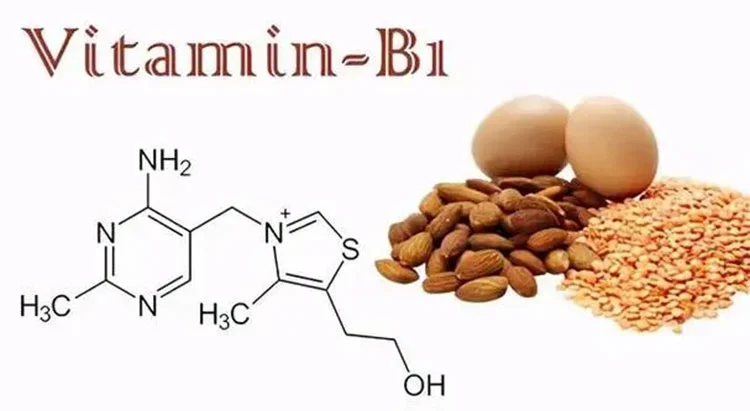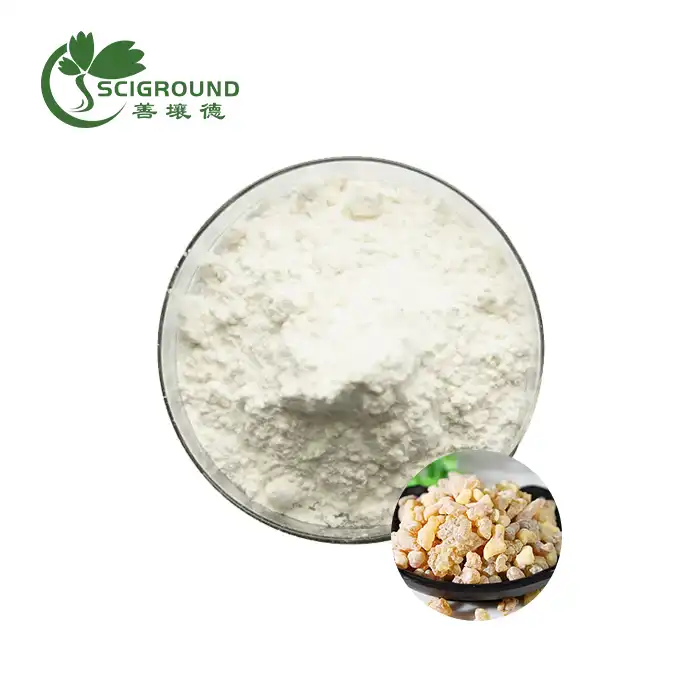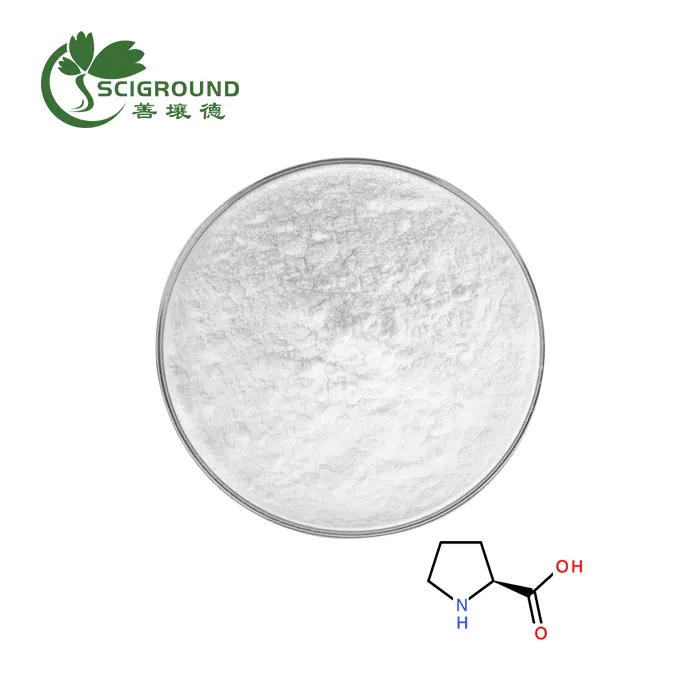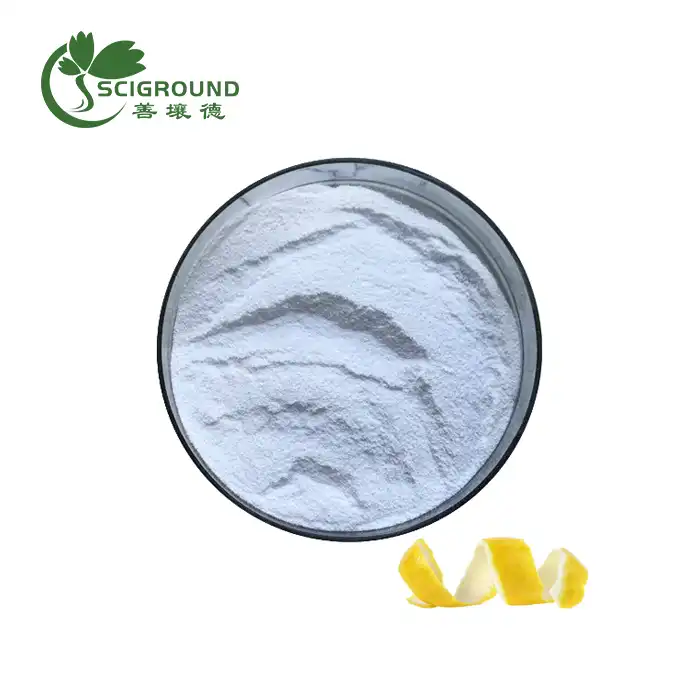What are the symptoms of low vitamin B1?
Thiamine (Vitamin B1) is one of the seven major B vitamins, which is involved in the processes of converting carbohydrates into energy and in the utilization of proteins. The deficiency of Vitamin B1 has many symptoms which are related to both the physical and the mental state of the body. This knowledge is crucial because a person should learn about the said symptoms to identify when he needs medical help.
Symptoms of deficiency
1. Fatigue and weakness
Some of the initial and obvious signs that would show that a person is lacking vitamin B1 are easy fatigue and weakness. Thiamine is beneficial in the formation of energy in the body since it plays a role in the processing of glucose to energy. This is because the body is unable to produce the energy needed for the day’s activities: therefore, there is severe fatigue, weakness in muscles, and reduced endurance even for the simplest activities.
2. Apathy, or decrease of appetite with subsequent weight loss
One of the symptoms of vitamin B1 deficiency is loss of appetite which results in reduced hunger pains and therefore loss of weight. This is because thiamine is considered to play a part in appetite regulation due to its actions in the metabolism of energy and function in neurotransmitters. One can barely eat due to this nutrient deficiency besides manifesting other ailments that are in one way or the other connected to the deficiency of thiamine in the body.
3. Neurological symptoms
Thiamine plays a role in the maintenance of proper functioning of nerves in the body. Thiamine deficiency can lead to a range of neurological symptoms including Burning sensation/numbness, dizziness and confusion/memory loss, and extreme temper/name swings.
4. Cardiovascular symptoms
Vitamin B1 deficiency can also affect shortness of breath and a rapid heart rate: Inadequate amounts of Thiamine can result in Beriberi disease which is associated with the cardiovascular system; this disease presents symptoms like shortness of breath, especially on exertion and tachycardia.
5. Gastrointestinal symptoms
It is also important to note that gastrointestinal alteration is among the symptoms that are typical for the manifestation of low vitamin B1 concentration in the body. Symptoms include:
Nausea and vomiting: Pernicious anemia results from thiamine deficiency and characteristically causes nausea vomiting, and stomach upsets affecting the normal bowel movements.
Constipation: Slowness in the movement of ingredients in the gut is also another symptom that causes constipation. Thiamine is necessary for smooth muscle function and a deficiency can lead to slower digestion.
6. Muscle pain and cramps
Muscle pain, cramps, and tenderness can be caused by low vitamin B1 levels. This is due to insufficient energy required for muscle function and the accumulation of lactic acid and other byproducts in the muscles, causing pain and discomfort, especially after physical activity.
7. Impaired Immune Function
Thiamine is also important for the immune system. Deficiency weakens the body's immune response, making a person more susceptible to infection. Reduced immune function may manifest as frequent illness, prolonged recovery time, and an overall feeling of being unwell.

Importance of Maintaining Adequate Vitamin B1 Levels
Maintaining adequate vitamin B1 levels is essential for overall health as it supports a variety of body functions, including energy production, nervous system health, and cardiovascular function. Thiamine is found in a variety of foods, including whole grains, meats, fish, nuts, and seeds. However, certain conditions and lifestyles, such as chronic alcoholism, malabsorption disorders, or a diet rich in processed foods, increase the risk of vitamin B1 deficiency.
What are the symptoms of low vitamin B1?
Vitamin B1, or thiamine, is essential for energy production, neurological function, and overall health. Symptoms of vitamin B1 insufficiency include fatigue, loss of appetite, and serious neurological and cardiovascular problems. Recognizing the signs of thiamine deficiency early can help prevent serious health complications. Ensuring a balanced diet that includes thiamine-rich foods and addressing any underlying risk factors are key steps to maintaining adequate vitamin B1 levels and supporting overall health.
Related Industry Knowledge
- Unlock Radiant Skin: The Power of Alpha Arbutin Extract
- What is apple powder used for?
- What is acipimox used for?
- Can you build muscle with pea protein?
- Is tannic acid safe for humans?
- Is Apple Extract Good for Your Hair?
- Is l carnitine good for fatty liver
- Does Vitamin B12 Give You Energy
- What is the best capsaicin supplement for weight loss
- Is pea or whey protein better?







